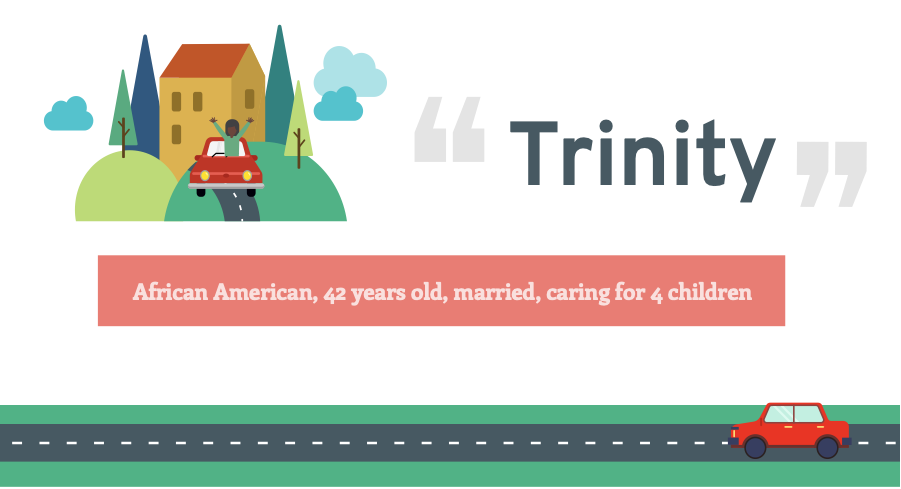Informal Learning in the Workplace: Supporting Women’s Persistence in Computer Science
Louise Ann (“Lou Ann”) Lyon is a senior research affiliate at ETR and an affiliate investigator at California State University, San Marcos. Her project “Informal Learning in Computer Science: Social and Conceptual Factors Related to Women's Persistence,” funded by the National Science Foundation's Advancing Informal STEM Learning program (award #1612527), is investigating one context of informal computer science learning by career women. Dr. Lyon’s other work on alternative pathways to computing careers includes projects on coding boot camps and community colleges in California.
Having discovered a love of computer science post-college myself, I have been excited to find a number of ways that women are quietly re-imagining their careers and entering software development jobs.
When I was invited to study a coaching and learning group that was being created by women to teach other women to code in Apex on the Salesforce software platform, I jumped at the chance. I was soon immersed in a new world of women spread across the globe who were committed to helping one another learn and who volunteered their time and energy to honor this commitment.
Why Salesforce
Salesforce—both the technology and its surrounding culture—has become a fascinating context in which to investigate the influence of communities on learning and the reach that we can have through current technology. Salesforce is a cloud-based software platform that allows businesses and organizations to store and manage sophisticated data about their customers or members (also called a Customer Relationship Management service, or CRM). Users can build their own data architecture and custom apps, and the company fosters communication among their customers, allowing users to share knowledge and best practices on using the platform. Salesforce also offers a trajectory of badges and certifications that publicly proclaim the skills held by users. Earning a Salesforce certification can help a user with job growth and demonstrate that the person has transferable skills in the workforce, particularly because so many companies, large and small, use this platform.
As a researcher in broadening participation in computing, I consider the setting to be a hidden gem in a few ways. For one, Salesforce offers a deep discount to nonprofit businesses who use their products. As nonprofit companies employ many women, this creates the perfect opportunity to reach women who could be poised to enter the universe of coding. Secondly, I have observed that the Salesforce culture emphasizes helping one another in a supportive way, the atmosphere that many women prefer. Finally, the virtual spaces sponsored by Salesforce allow a sense of community and organization to develop among people all over the world, creating both online and in-person spaces where women can support one another in their learning and career aspirations.
Creating a learning community
The women’s coaching and learning group was formed within this context. Each year, several groups complete a 10-week curriculum that is designed to increase women’s skills and knowledge in Apex (the language used on the Salesforce platform). The setup, with two coaches leading six–eight students per group through the curriculum, is designed to be a safe space where students can ask “stupid” questions and where novices receive encouragement and support.
The group draws not only from materials they have created themselves, but also from resources that are freely available from Salesforce. These include written learning materials, such as tutorials and developer guides, and community communication platforms, where learners can get help from others. This group has been running for several years now. Among the cohort of women that I studied, at least two of them became Apex developers after completing the curriculum.
Participants in the women's coaching and learning group had a variety of pathways to and through the group. We created a graphic of each participant’s pathway through the program. Explore them here.
What's next for informal learning in the workplace
This setting may have important implications for women and computing. An atmosphere of support that welcomes students to ask questions is important for many women as they approach software development learning settings. Another feature of the group, providing a narrow set of resources and tips and tricks for using those resources, can save learners from wasting time on unproductive pathways. In addition, the instructors use code examples and provide access to similar work that others have done, which are preferred and helpful sources of learning. Finally, the program ties learning to real-world business problems, which helps novices apply the ideas they have learned.
We need to continue to study out-of-school learning of computing and software development. As women are perennially underrepresented in many of these fields, we need to recruit them from all life stages and from both school and out-of-school settings to build a more balanced workforce. Women are finding and taking advantage of ways to learn computer programming, and research on the variety of learning opportunities could help them find more successful pathways to their new careers.
